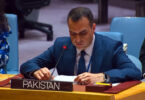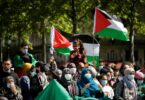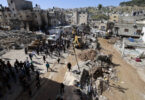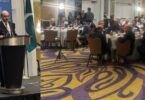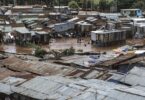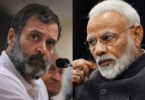DHAKA (Arab News): A Bangladeshi nonprofit group has stepped in to perform last rites as families refuse to bury their relatives for fear of contracting the coronavirus disease (COVID-19), officials said.
As of Friday, Al-Markaz ul Islami Bangladesh (AMIB) has buried 60 people, the group’s chairman Hamza Shahidul Islam told Arab News.
“We are doing this for humanity because every deceased person has the right to be laid to rest according to their respective religion,” Islam said.
For the purpose, a team of 15 volunteers works from dawn to dusk in two shifts to collect the dead from different hospitals and move them to the Khilgaon graveyard, an area designated by the government for the victims.
“There, they perform the final rites such as bathing the bodies, dressing them in shrouds and offering funeral prayers. The team has two female members for the women patients,” Islam said.
“We strictly maintain World Health Organization guidelines when performing our duties so that we do not risk spreading the virus. Our volunteers burn all the personal protective equipment on the spot after completing the burial,” Islam added.
AMIB’s work has earned the group accolades from both citizens and authorities alike.
“When the COVID-19 crisis began evolving, we approached many volunteer organizations, but none of them stepped forward except for AMIB,” Saifullahil Azam, joint secretary at the Ministry of Health and Family Welfare, told Arab News.
Azam added that as the government’s focal person for the COVID-19 crisis, he receives information about all patients first-hand and shares it with the AMIB.
“Since the number of the deceased are increasing, we needed to strengthen the capacity of this service. Just a couple of days ago, two more organizations have volunteered to ease the pressure. We have already provided safety training to all the teams,” Azam said.
Since its inception in 1988, AMIB has provided a wide range of humanitarian services to people across the country, including ambulances, cyclone shelters, a facility for disabled people, an orphanage center, and other provisions for the marginalized.

